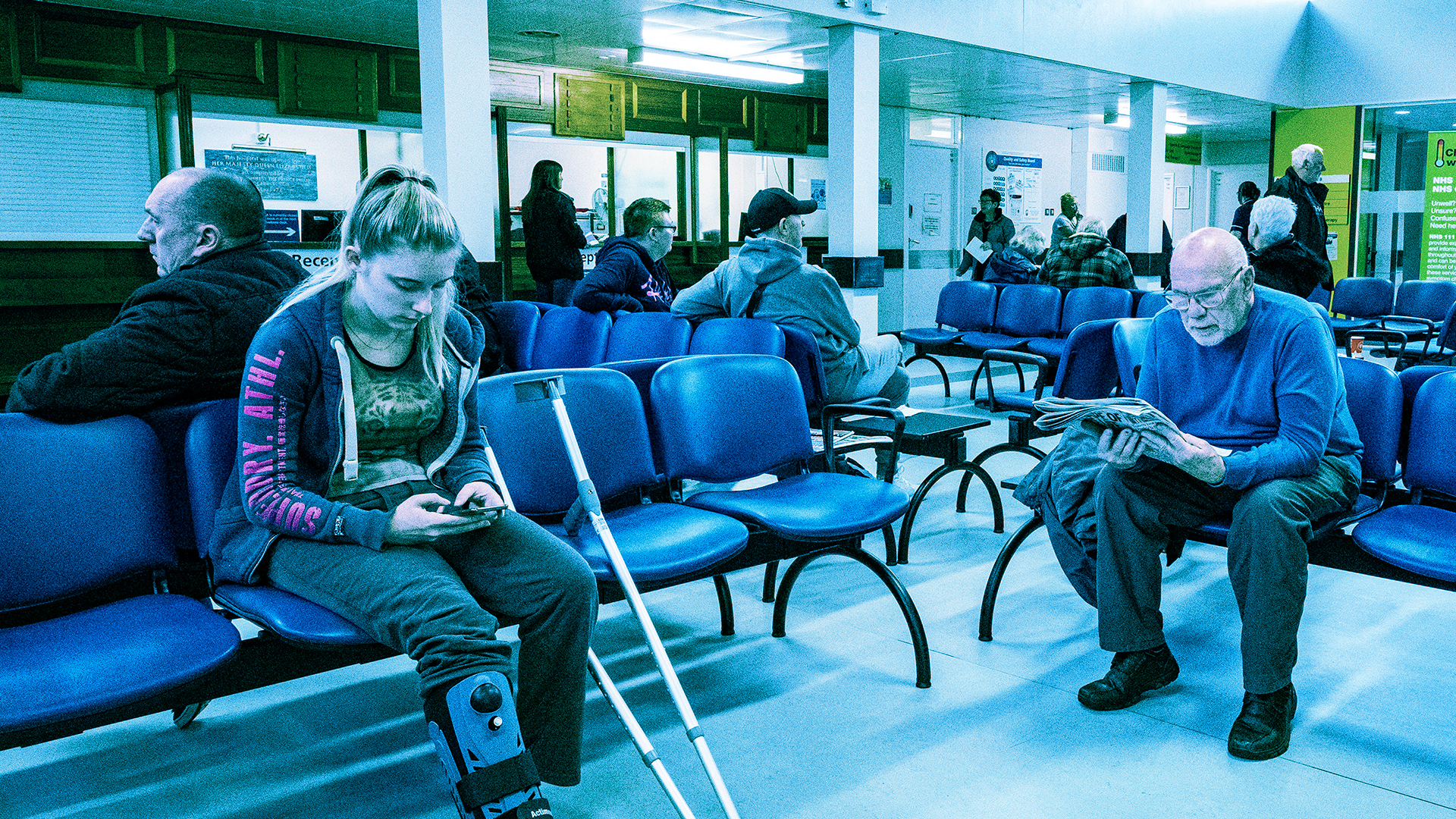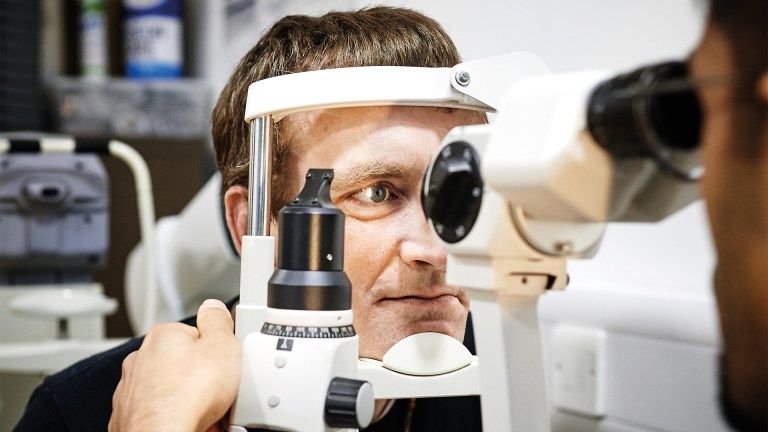“A malnourished person has a diminished immune system – their immune response isn’t quick enough,” she adds.
Fazackerley first started learning about nutrition after the premature birth of her daughter. Beset by health complications, the little girl tragically passed away at just two years of age. But her family’s journey in the healthcare system inspired Fazackerley to pursue a career in nursing.
Poorly nourished patients with wounds or infections, she explains, “take so much longer” to get better.
“A lady [I treated ] on one of the wards had a really bad ulcer, a necrotic leg, because of diabetes. I used to think: diabetes – how does that cause your leg to go like that? It’s all to do with nutrition.”
What is malnutrition?
Malnutrition is often associated with starvation – but it’s also common among those with health conditions that impact appetite or people who suffer from tremors or shaking hands.
“The perception of malnutrition is that people haven’t eaten… but it’s not always that, it’s about getting the right nutrients,” Fazackerley explains. “For example, someone with Parkinson’s disease will need more calories to sustain health.”
Advertising helps fund Big Issue’s mission to end poverty
Nonetheless, the cost of living crisis is making things worse. Northern and coastal communities with greater deprivation and older populations are hardest hit by the problem, the Future Health report suggests.
Eight NHS Integrated Care Boards have estimated malnutrition rates of more than 6% among patients – Cornwall, the Isles of Scilly, Norfolk, West Yorkshire, South Yorkshire, North East and North Cumbria, the Black Country and Birmingham and Solihull.
The cost to treat a person who is malnourished is more than three times that of a person who is not malnourished, with a total cost to the healthcare system estimated at £22.6bn every year. With cancer and dementia cases projected to increase, this figure will rise by an extra £4bn before 2035.
Get the latest news and insight into how the Big Issue magazine is made by signing up for the Inside Big Issue newsletter
“It’s a lot of money, it really is,” Fazackerley says. “It could potentially be used elsewhere, lots of areas could do with it.”
The £22.6bn sum could pay for 62 million ambulance trips, 3.8 million hip operations or 247 new hospitals.
Advertising helps fund Big Issue’s mission to end poverty
The report should be a “wake-up call” to the government, says Lesley Carter from Age UK’s malnutrition task force.
“Unfortunately the myth perpetuates that it is ‘normal’ to get thin as we age,” she says. “Yet malnutrition is largely preventable and treatable.”
To tackle the “hidden problem” Future Health have called on the government to implement better malnutrition screening for people entering hospitals and care homes.
“How can a patient have a better quality of life, how can a patient have a better experience?” Fazackerley asks. “Education and screening around malnutrition can make a difference.”










